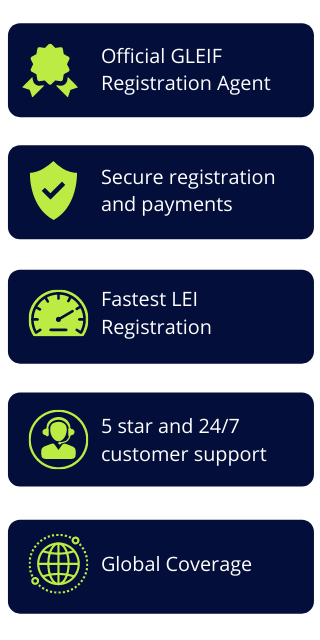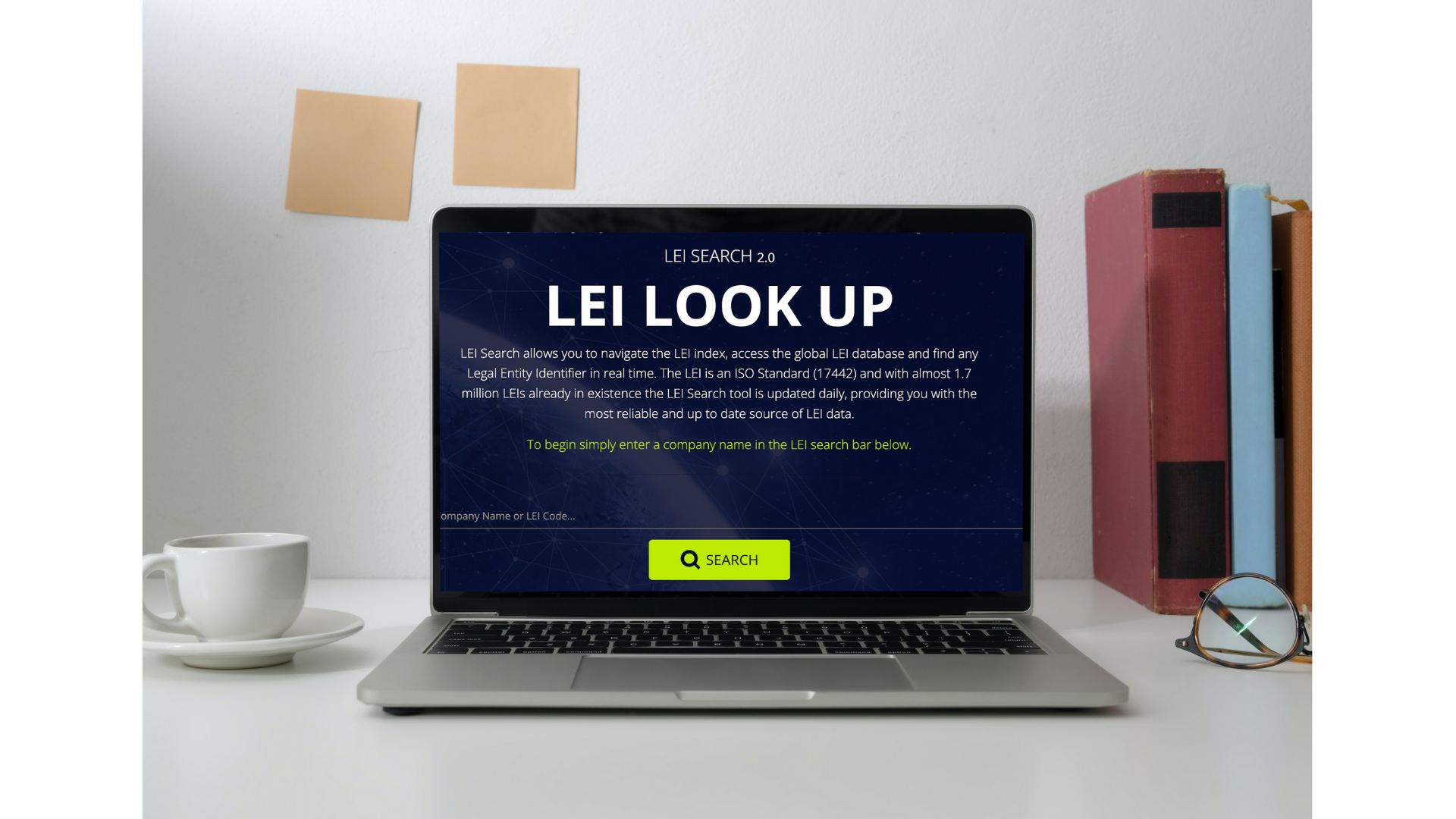WHAT IS RAMP 2.0?
 LEI Worldwides LEI management system, RAMP 2.0 is a multi-award winning, API driven LEI solution which is trusted by banks, asset managers, fund administrators all around the world to register, renew and manage their portfolios of LEIs.
LEI Worldwides LEI management system, RAMP 2.0 is a multi-award winning, API driven LEI solution which is trusted by banks, asset managers, fund administrators all around the world to register, renew and manage their portfolios of LEIs.
RAMP is the fastest way to obtain LEIs, instantly renew an LEI or transfer large portfolios of LEIs that may be scattered across multiple providers. RAMP allows you to centralise management of a global portfolio of LEIs in a matter of minutes.
RAMP consolidates LEI portfolios which have become fragmented through use of multiple providers.
RAMP increases oversight, mitigates 'renewal risk' and provides a single control ccount offering a full 360-degree view of all your LEIs in one place.

There are over 116 pieces of legislation mandating the use of the LEI. Many banks, law firms and asset managers are required to obtain LEIs on behalf of their clients. RAMPs state of the art engine makes it easier to apply for LEIs. The RAMP engine uses API connectivity to company databases such as the UKs Companies House, Irish CRO, RCS Luxembourg etc providing full automation and company auto-fill in over 20 countries. For countries that are not on the list of fully automated, manual entry is possible.
RAMP has many new features such as the 'My LEIs' dashboard which become available as soon as you have logged into your account. By creating a RAMP account and importing all your LEIs for free you can effectively and quickly:
- Reduce operational risk
- Consolidate a fragmented LEI portfolio
- Have global coverage for LEI registration
- Provide LEIs to your clients
- Track your clients LEIs
- Centralise a global LEI portfolio into one 'Control Account'
RAMP is built to allow you take full control of all the LEIs within your ecosystem. We have a quick, free and easy method for you to import all your LEIs into the one dashboard without having to renew them. If you would like to transfer all your LEIs into this watchlist please contact [email protected].
Obtaining an LEI: The outdated method of inputting all the required company data is replaced with company 'auto-fill', which allows you to simply enter your company name and country and our APIs will do the heavy lifting. Most LEIs are issued within a few hours, or in many cases, a couple of minutes.
Renewing an LEI: Renewing and maintaing LEIs has traditionally been frought with risk. We have removed the effort that is required to track LEIs and renewal dates. RAMP offers multi-year LEI registration so you can register an LEI Code for up to 5 years. RAMP also has an automatic renewal feature, so your LEI will run on a subscription annually until you cancel it. We will always send your account renewal notifications coming up to renewal dates so that no LEI will inadvertnetly lapse.
LEI Certificate PDF Download: You can now download a hard copy PDF LEI certificate of your validated LEI code in seconds.
LEI Look Up Tool: We provide free and public access to GLEIF live LEI index. You ca navigate the LEI search tool here, save companies and add them to your LEI portfolio in RAMP. This unque feature allows you to track all LEIs within an ecosystem and quickly check their data, renewal dates, or download LEI certificates.
Why choose LEI Worldwide?
Established in October 2017 to cater for the increased pressure placed on the LEI system due to a litany of new regulations, LEI Worldwide was the first LEI Registration Agent. Since then we have utilised the experience to create a truly unique engine that allows you to obtain LEIs quickly, manage them and redistribute them to your clients in a cost effective way.

About the legal entity identifier (lei)
A Legal Entity Identifier (LEI) is a 20 digit alpha numeric code assigned to legal entities globally in order to easily identify them. Any legal entity, wether a private organisation, publicly traded entity, fund, trust or governmental body, can obtain an LEI code.
The LEI is:
- A global standard (ISO 17442)
- A unique identifier assigned to a company
- A global business identity card / passport
- Supported by the highest data quality standards
- A frely accessible, public database available here
As the LEI is a globally standardised identifier, it removes barriers to identifying trade counterparties that existed in the past. It answers the question 'How do I know this is a legitimate company?"
The LEI replaces fragmented national company IDs such trade numbers, commercial numbers, EINs, TINs and makes the global entity identification system standardised.
LEI codes are assigned to legal entites by GLEIF Accredited LEI issuers which allows for root identificaiton of the source of data that goes into every LEI.
GLEIF release monthly data quality reports on the LEI system monthly.
LEIs remain trustworthy regardless of the issuing territory because this root authentication coupled with an accepted global standardization reinforces a reliable network of organizational identification that can cross borders.
- The Global Legal Entity Identifier Foundation (GLEIF)
LEIs are required by any legal entity who is involved with financial transactions or operating within todays global financial ecosystem. There are a number of mandates currently in existence which state "no LEI, no trade" meaning both reporting parties and traders require an LEI. The LEI is mandated by a number of EU directives such as EMIR , MiFIR & MIFID II. The US also have similar requirements such as the Dodd Frank Act, the OFR, the Federal Reserve and the Securities & Exchange commission (SEC).
To see a list of laws in your country visit: https://www.gleif.org/en/lei-solutions/regulatory-use-of-the-lei.
Given that the LEI is becoming more popular, and even more benefits are being realised such as streamlining banking KYC processes and making them more efficient, you will probably end up requiring an LEI in the not so distant future if you don't already.
Who needs an LEI?
- Financial intermediaries (CSDs)
- Banks, investment companies and lenders
- Trade OTC derivatives (except private individuals)
- SMSF (Self Managed Superannuation Funds) traders and trustees
- Investment Vehicles, mutual funds, hedge funds
- Pension schemes & Commodities trading
- CFDs (Contract for Differences)
- Securities transactions, SFTR reporting & Entities listed on a stock exchange
